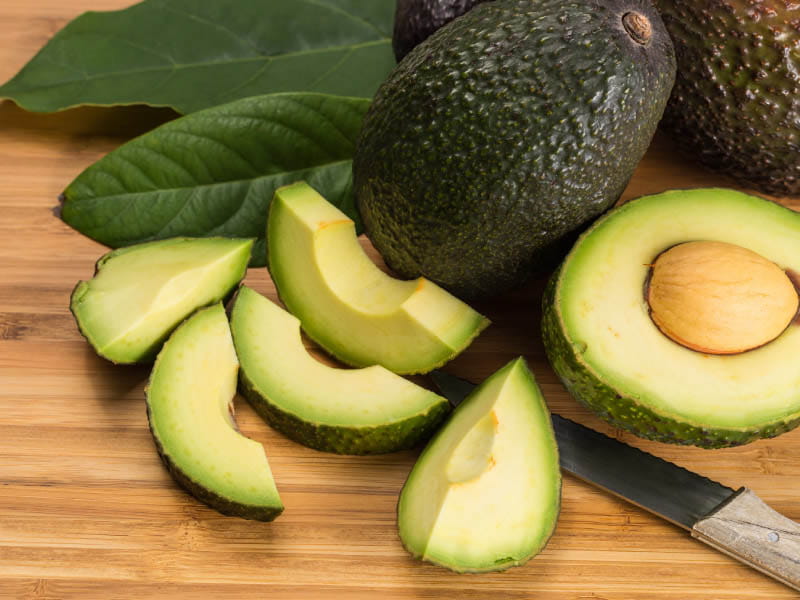Eating an avocado once a week may lower heart disease risk
By American Heart Association News

Eating at least one avocado each week may lower the risk of developing heart disease, new research suggests.
The study, published Wednesday in the Journal of the American Heart Association, found those who regularly ate avocados had a lower risk for heart disease than people who rarely ate the popular fruit. Substituting avocado – often served on toast or as the main ingredient in guacamole – for fat-containing foods such as butter, cheese and processed meats also was associated with a lower risk for cardiovascular disease.
It's further evidence that eating plant-based unsaturated fats can improve diet quality and is important in preventing cardiovascular disease, lead study author Lorena S. Pacheco said in a news release. She is a postdoctoral research fellow in the nutrition department at the Harvard T.H. Chan School of Public Health in Boston.
"These are particularly notable findings since the consumption of avocados has risen steeply in the U.S. in the last 20 years, according to data from the U.S. Department of Agriculture."
Avocados contain dietary fiber and monounsaturated fat, which have been linked to cardiovascular health benefits. Previous research has shown they can help lower total cholesterol.
Using dietary questionnaires at the start of the study and then every four years, researchers measured weekly avocado consumption for 68,786 women, ages 30-55, in the Nurses Health Study and 41,701 men, ages 40-75, in the Health Professionals Follow-Up Study. They tracked the development of coronary heart disease events and strokes over three decades.
Participants who ate at least two servings of avocados – equal to one cup, or a whole avocado – each week had a 16% lower risk of cardiovascular disease and a 21% lower risk of coronary heart disease compared to those who rarely or never ate avocados.
Replacing fat-containing foods with avocado also lowered cardiovascular disease risk. Swapping avocado for half a serving each day of margarine, butter, eggs, yogurt, cheese or processed meats, such as bacon, reduced the risk for cardiovascular disease by 16% to 22%. But swapping avocado for the equivalent amount of olive oil, nuts and other plant oils did not reap heart health benefits. Neither was there any link between avocado consumption and stroke risk.
"Although no one food is the solution to routinely eating a healthy diet, this study is evidence that avocados have possible health benefits," Cheryl Anderson, dean of the Herbert Wertheim School of Public Health and Human Longevity Science at the University of California, San Diego, said in the release. She was not involved in the study.
"This is promising," Anderson said, "because it is a food item that is popular, accessible, desirable and easy to include in meals."
Monounsaturated fats are the hallmark of the oft-recommended Mediterranean diet, which includes fruits, vegetables, grains, beans, fish and plant-based fats such as olive, canola, sesame and other non-tropical oils.
Pacheco said the study results should encourage health care professionals and dietitians to suggest their patients "replace certain spreads and saturated fat-containing foods, such as cheese and processed meats, with avocado."
If you have questions or comments about this story, please email [email protected].





